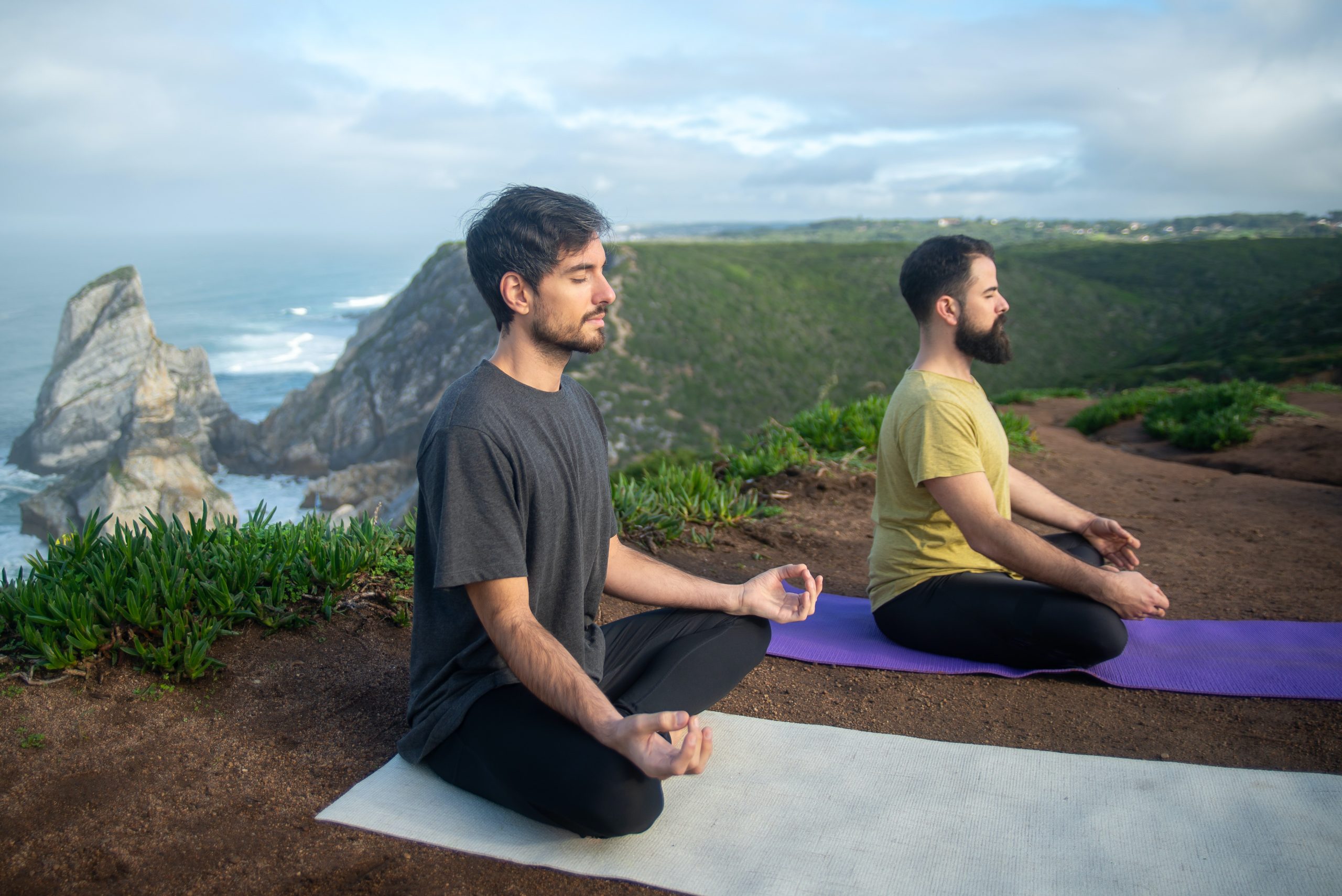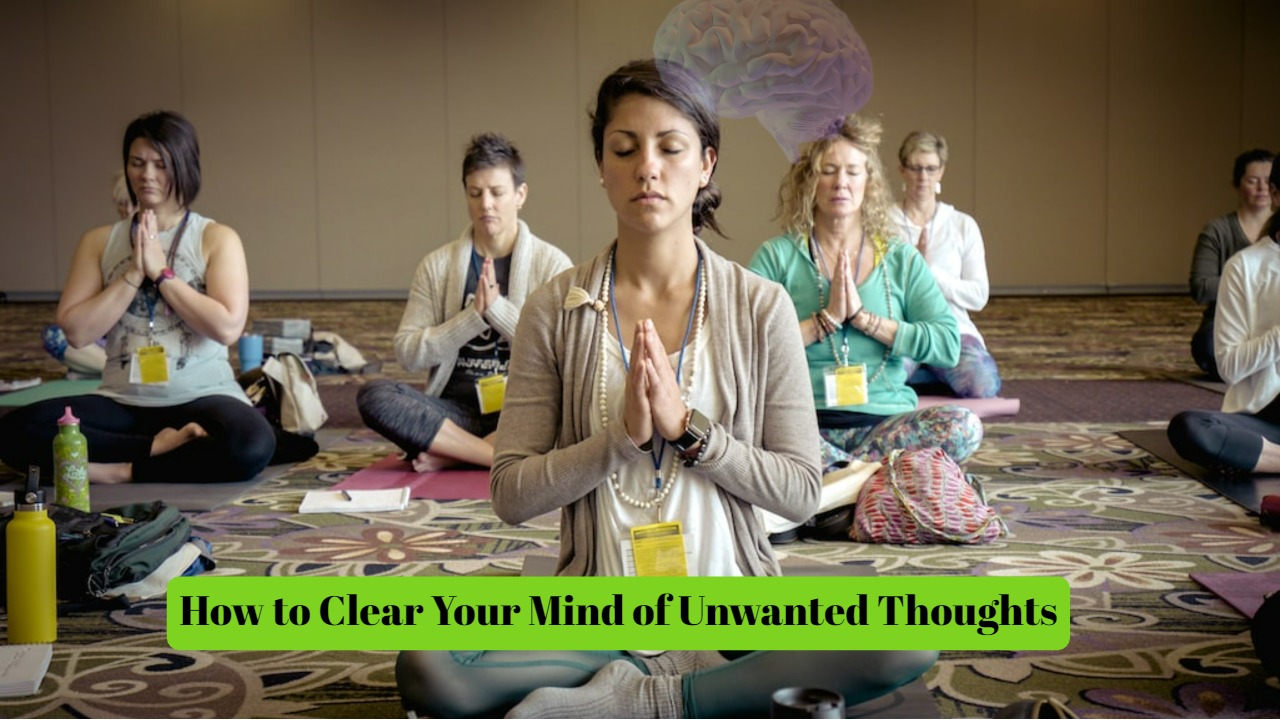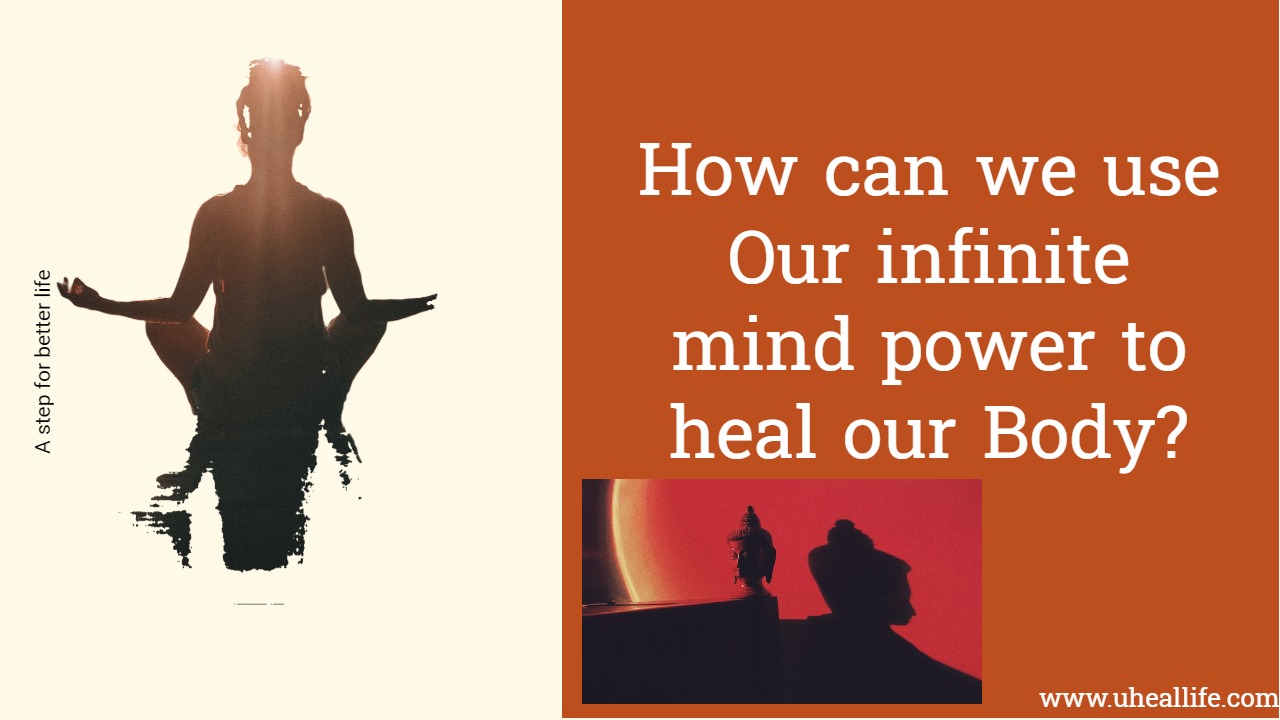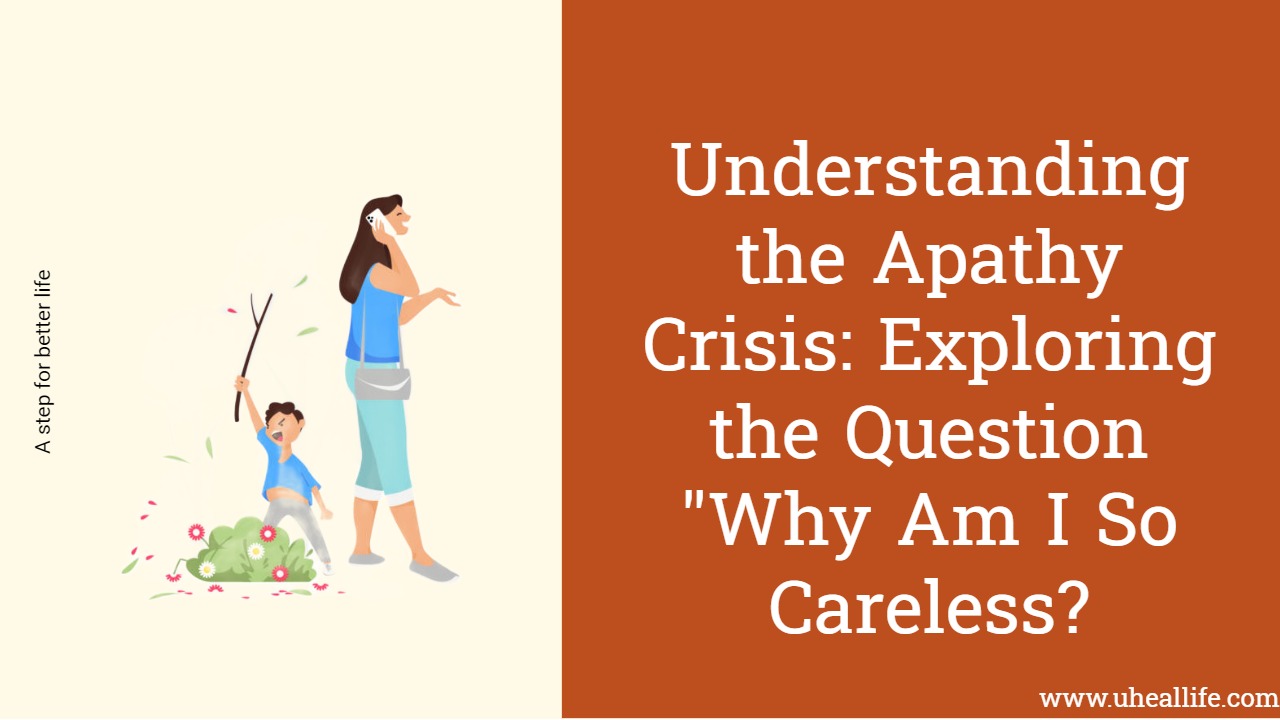Welcome to this comprehensive guide on starting up your life and turning your dreams into reality. Life is full of possibilities and potential, but it’s up to us to take the necessary steps to make our dreams come true. Whether you’re aspiring to achieve personal goals, professional success, or both, this article will provide you with valuable insights, strategies, and actionable steps to help you navigate your journey towards success. So, let’s dive in and unlock your full potential!
Starting Up Your Life: How to Turn Your Dreams into Reality
Introduction
Welcome to this comprehensive guide on starting up your life and turning your dreams into reality. Life is full of possibilities and potential, but it’s up to us to take the necessary steps to make our dreams come true. Whether you’re aspiring to achieve personal goals, professional success, or both, this article will provide you with valuable insights, strategies, and actionable steps to help you navigate your journey towards success. So, let’s dive in and unlock your full potential!mbracing PositivityThe Power of Dreams
Dreams have the incredible power to shape our lives. They provide us with direction, motivation, and a sense of purpose. When we have a dream, we have something to strive for, something that ignites a fire within us. Dreams give us hope and fuel our determination to make a difference in the world. Whether your dream is to start a successful business, travel the world, or achieve personal fulfillment, it all starts with recognizing the power of your dreams.
Identifying Your Dreams
Before you can turn your dreams into reality, it’s important to identify what exactly your dreams are. Take some time for self-reflection and ask yourself: What do I truly want in life? What brings me joy and fulfillment? What are my passions and interests? By exploring these questions, you can gain clarity on your dreams and set a clear path for yourself.
Setting SMART Goals
Once you’ve identified your dreams, it’s time to set goals that will help you bring them to life. A powerful framework for goal-setting is the SMART goals technique:
- Specific: Define your goals with precision. Instead of saying “I want to be successful,” specify what success means to you and in what areas of your life.
- Measurable: Establish criteria to track your progress and determine when you’ve achieved your goal. Use metrics or milestones to measure your success.
- Achievable: Set realistic goals that are within your reach. While it’s important to dream big, it’s equally important to set attainable goals that won’t discourage you.
- Relevant: Ensure that your goals align with your values, passions, and overall vision. Your goals should be meaningful to you and reflect what truly matters.
- Time-bound: Set deadlines for your goals to create a sense of urgency and accountability. Breaking your goals into smaller, time-bound tasks will keep you motivated and focused.
By setting SMART goals, you’ll have a clear roadmap to follow, making it easier to track your progress and stay on course.
Creating a Vision Board
A vision board is a powerful visualization tool that can help you manifest your dreams and keep them at the forefront of your mind. It’s a collage of images, words, and quotes that represent your goals and aspirations. Creating a vision board allows you to visually immerse yourself in the future you desire, reinforcing your motivation and belief in achieving your dreams. Place your vision board in a prominent place where you’ll see it every day, such as your bedroom or office, to serve as a constant reminder of what you’re working towards.
Developing a Positive Mindset
A positive mindset is crucial when it comes to turning your dreams into reality. Your thoughts and beliefs shape your reality, so it’s essential to cultivate a positive and empowering mindset. Instead of dwelling on limitations and obstacles, focus on possibilities and solutions. Practice gratitude, affirmations, and positive self-talk to shift your mindset towards optimism and abundance. Remember, your mindset is the foundation upon which your dreams will be built.
Overcoming Self-Doubt
Self-doubt is a common hurdle on the path to turning dreams into reality. It’s that nagging voice in your head that questions your abilities and holds you back from taking action. To overcome self-doubt, challenge your negative self-talk and replace it with positive affirmations. Surround yourself with supportive and uplifting individuals who believe in your dreams. Take small steps outside your comfort zone to build confidence and prove to yourself that you’re capable of achieving great things.
Taking Action
Dreams alone won’t bring you success; action is the key ingredient. Taking action requires courage, determination, and a willingness to step into the unknown. Break down your goals into smaller, manageable tasks and create a plan of action. Start with small steps and gradually work your way up. Remember, progress is progress, no matter how small. Take consistent action, and you’ll be amazed at the progress you can make.
Building a Support Network
Building a support network of like-minded individuals is invaluable on your journey towards turning dreams into reality. Surround yourself with people who inspire and motivate you, those who share similar goals and aspirations. Connect with mentors, join mastermind groups, or seek out communities centered around your interests. Having a support network provides accountability, guidance, and a source of encouragement when faced with challenges.
Embracing Failure
Failure is an inevitable part of any journey towards success. Instead of fearing failure, embrace it as a valuable learning opportunity. Each failure brings valuable lessons and insights that can propel you further towards your dreams. Remember, many successful individuals have faced numerous failures before achieving their goals. Use failure as a stepping stone, learn from it, and keep moving forward.
Staying Persistent
Persistence is the secret sauce to transforming dreams into reality. It’s the ability to keep going despite setbacks, challenges, and obstacles. Stay committed to your goals, even when faced with adversity. Develop resilience and determination to overcome hurdles along the way. Remember, success rarely comes overnight. Stay persistent, and you’ll be one step closer to living the life of your dreams.
Seeking Continuous Learning
In the pursuit of turning dreams into reality, never stop learning. Seek opportunities for personal and professional growth. Read books, attend seminars, take online courses, or pursue further education. The more knowledge and skills you acquire, the more equipped you’ll be to tackle the challenges on your journey. Embrace a growth mindset and commit to lifelong learning.
Adapting to Change
Life is dynamic, and circumstances can change unexpectedly. To navigate the twists and turns on your path to turning dreams into reality, be open and adaptable to change. Embrace flexibility and be willing to adjust your plans when necessary. Sometimes, the detours and unexpected opportunities can lead to even greater outcomes than you initially envisioned.
Managing Time Effectively
Time is a precious resource, and managing it effectively is crucial when pursuing your dreams. Prioritize your tasks and focus on activities that align with your goals. Eliminate distractions and practice time management techniques such as prioritizing, setting deadlines, and batching similar tasks together. By making the most of your time, you’ll be able to make steady progress towards your dreams.
Prioritizing Self-Care
Taking care of yourself is essential when striving for success. Make self-care a priority by nourishing your body, mind, and soul. Get enough sleep, eat nutritious meals, exercise regularly, and practice mindfulness or meditation. Taking care of your well-being will keep you energized, focused, and better equipped to handle the challenges that arise on your journey.
Financial Planning
Financial considerations are often an integral part of turning dreams into reality. Take the time to assess your financial situation and create a plan to support your goals. Budgeting, saving, and investing wisely can provide the financial stability and resources necessary to pursue your dreams. Seek professional advice if needed and stay proactive in managing your finances.
Networking and Collaboration
Networking and collaboration are powerful tools for turning dreams into reality. Build meaningful connections with individuals in your field or industry. Attend networking events, join online communities, and reach out to like-minded individuals. Collaborate on projects, share ideas, and leverage the collective wisdom and resources of your network. Together, you can achieve more than you ever could alone.
Overcoming Obstacles
Obstacles are inevitable on the path to turning dreams into reality. Instead of viewing them as roadblocks, see them as opportunities for growth and resilience. Analyze the obstacles you face and develop strategies to overcome them. Seek advice from mentors, brainstorm solutions, and persevere. Remember, every obstacle you overcome brings you one step closer to your dreams.
Celebrating Milestones
As you make progress towards your dreams, it’s important to celebrate your achievements and milestones along the way. Acknowledge your hard work and the obstacles you’ve overcome. Treat yourself to something special or celebrate with loved ones. Celebrating milestones provides a sense of accomplishment and motivation to keep pushing forward.
Finding Inspiration
Inspiration can come from various sources and plays a crucial role in turning dreams into reality. Seek out sources of inspiration that resonate with you. It could be reading biographies of successful individuals, listening to motivational podcasts, or surrounding yourself with inspiring quotes. Find what inspires you and incorporate it into your daily life to stay motivated and focused.
Taking Risks
Turning dreams into reality often requires taking calculated risks. Stepping outside your comfort zone and embracing uncertainty can lead to significant growth and opportunities. Assess the risks involved, weigh the potential rewards, and trust in your abilities. Remember, great achievements often come from taking bold leaps of faith.
Avoiding Procrastination
Procrastination can be a dream killer. It’s easy to get caught up in distractions or succumb to the fear of failure. To overcome procrastination, break your tasks into smaller, manageable steps, set deadlines, and hold yourself accountable. Find strategies that work for you, such as the Pomodoro Technique or creating a productive environment, to stay focused and avoid procrastination.
Maintaining Work-Life Balance
While pursuing your dreams, it’s important to maintain a healthy work-life balance. Devote time to your personal relationships, hobbies, and self-care. Set boundaries to prevent burnout and ensure that you’re nurturing all aspects of your life. Remember, a well-rounded life is essential for long-term happiness and fulfillment.
Visualization Techniques
Visualization is a powerful technique used by many successful individuals to manifest their dreams. Take time each day to visualize yourself already living your dreams. Close your eyes and imagine the details – the sights, sounds, and emotions associated with achieving your goals. Visualization helps align your subconscious mind with your conscious desires, making it easier to take the necessary actions to turn your dreams into reality.
Embracing Positivity
Positive energy attracts positive outcomes. Embrace positivity on your journey to turning dreams into reality. Surround yourself with positive influences, practice gratitude, and focus on the good in every situation. When faced with challenges, approach them with optimism and a solution-oriented mindset. By radiating positivity, you’ll attract the right opportunities and people to support you on your path.
Developing Resilience
Resilience is the ability to bounce back from setbacks and persevere in the face of adversity. Strengthen your resilience muscles by reframing failures as opportunities for growth, cultivating self-belief, and developing coping mechanisms for stress. Resilience will empower you to stay focused, determined, and unwavering in the pursuit of your dreams.
Turning dreams into reality is an exhilarating and transformative journey. It requires a combination of goal setting, positive mindset, action, resilience, and a supportive network. Remember to set SMART goals, create a vision board, overcome self-doubt, take consistent action, and embrace failure as a learning opportunity. Surround yourself with like-minded individuals, adapt to change, manage your time effectively, and prioritize self-care. Seek inspiration, take calculated risks, avoid procrastination, and maintain a healthy work-life balance. With determination, persistence, and a belief in yourself, you can turn your dreams into reality and create a life that fulfills you.












